EAC education ministers commit to mutual recognition of qualifications to boost labour and student mobility
Uganda's First Lady and Minister of Education and Sports, Mrs Janet Kataaha Museveni, emphasised that a cohesive education system is vital for unlocking the region’s demographic potential.
President Yoweri Museveni and First Lady and Minister of Education and Sports Janet Museveni arrive for the 1st Regional Ministerial Conference on the EAC Common Higher Education Area at Speke Resort Munyonyo on 09 September 2025. (Credit: Miriam Namutebi)
KAMPALA - Education ministers from the eight East African Community (EAC) member states have made a firm commitment to accelerate the mutual recognition of academic and professional qualifications, aiming to significantly boost labour and student mobility across the region.
The pledge was the central outcome of the first Ministerial Conference on the EAC Common Higher Education Area, held at Speke Resort Hotel in Kampala on Thursday, September 11, 2025. 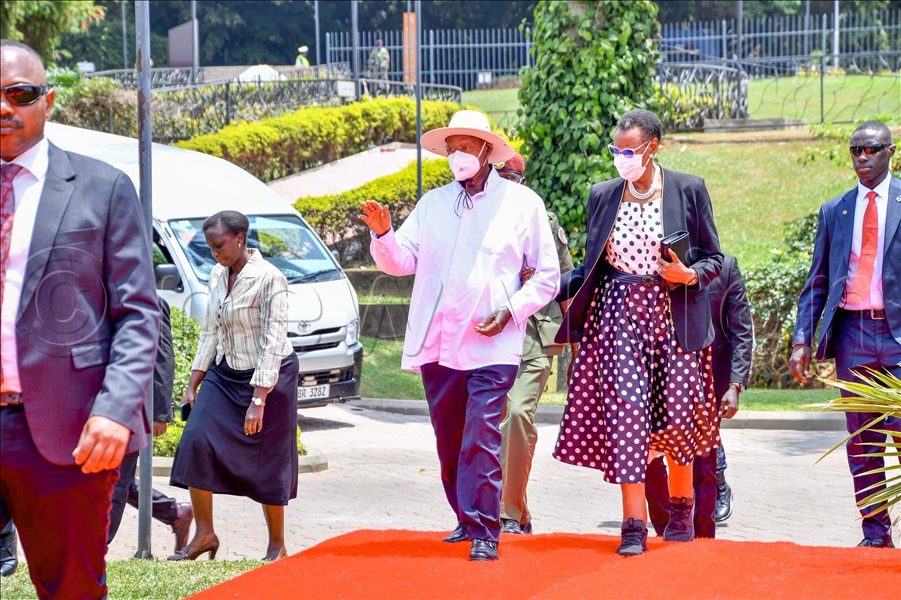
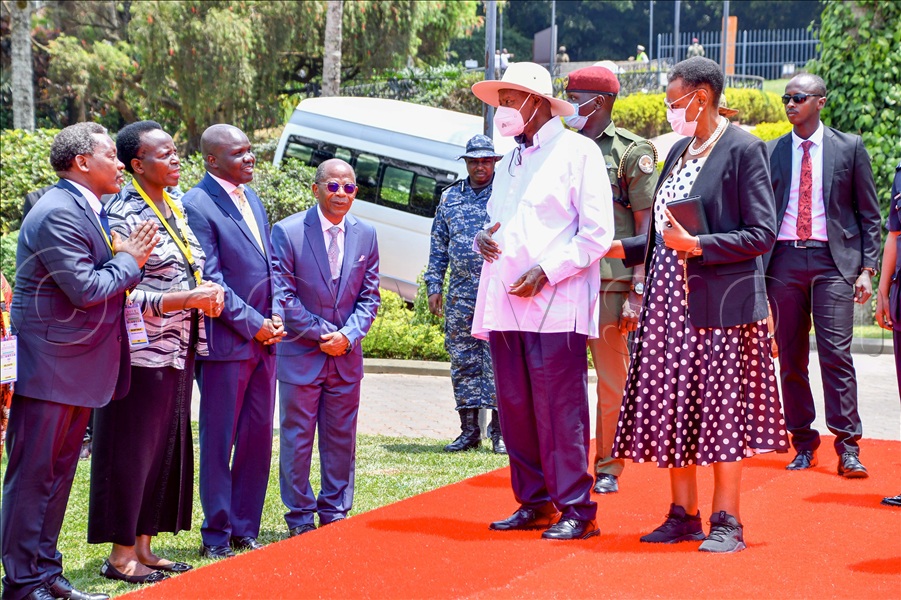
President Yoweri Museveni and First Lady and Minister of Education and Sports Janet Museveni chat with (thrid left to right) Professor Gaspard Banyankima, Executive Secretary · Inter-University Council for East Africa, Dr. Kedrace Turyagyenda, Permanent Secretary of Uganda's Ministry of Education and Sports, Andrea Ariik Malueth, Deputy Secretary General of the East African Community(EAC) and State Minister for Higher Education, John Chrysostom Muyingo during the 1st Regional Ministerial Conference on the EAC Common Higher Education Area at Speke Resort Munyonyo on 09 September 2025. (All Photos by Miriam Namutebi)
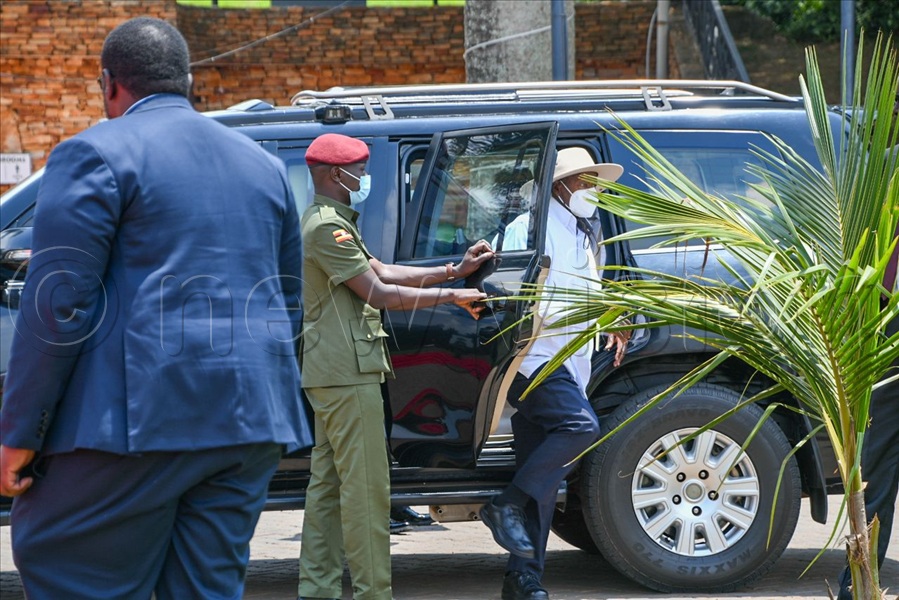
In a joint declaration, the ministers state that facilitating the free movement of professionals and students is crucial for achieving regional integration and economic development.
"The recognition of academic and professional qualifications is not just a technical issue, it is central to the realisation of the EAC Common Market Protocol," the ministers note in their communiqué.
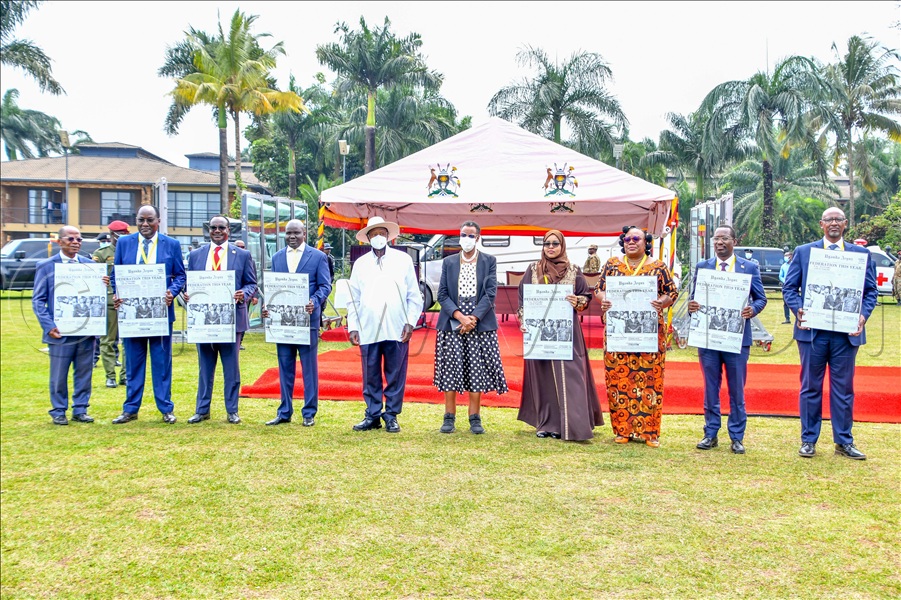
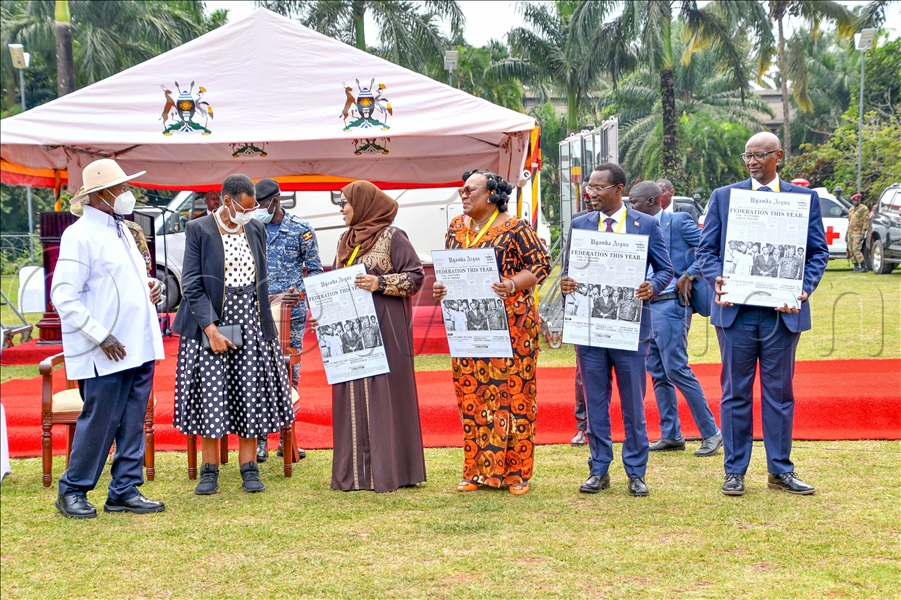
The resolutions call for the full operationalisation of the EAC Common Higher Education Area, including the fast-tracking of harmonised quality assurance systems, accreditation frameworks and qualifications recognition mechanisms.
Other key commitments include strengthening the EAC qualifications Framework to support cross-border recognition of degrees and credentials, enhancing collaboration between national regulatory bodies and professional councils to streamline the recognition of professionals like engineers, teachers, doctors, and accountants.
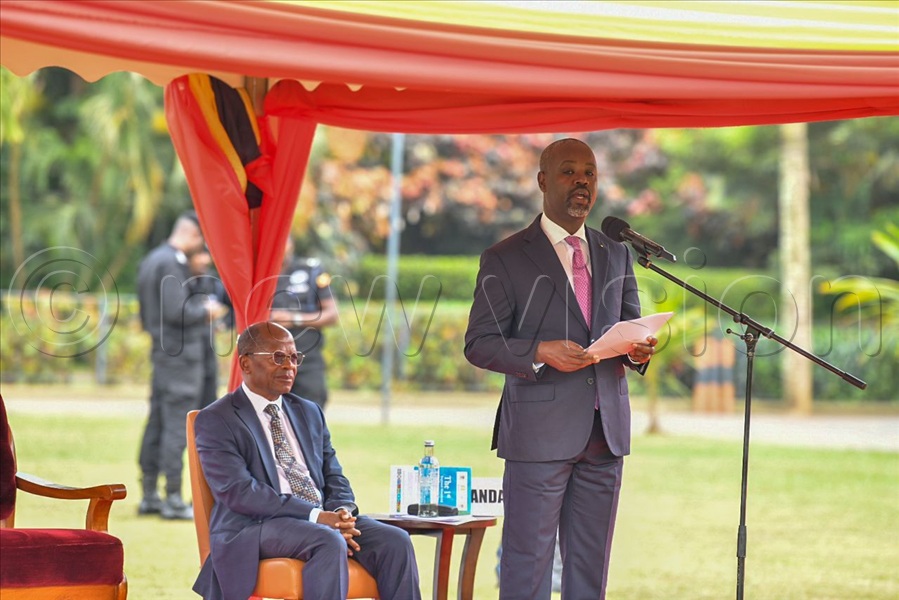
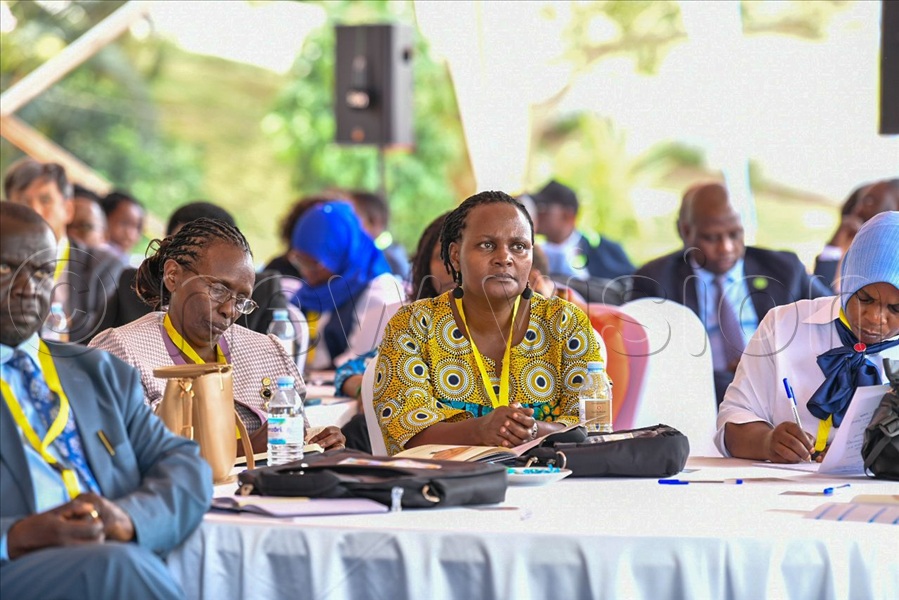
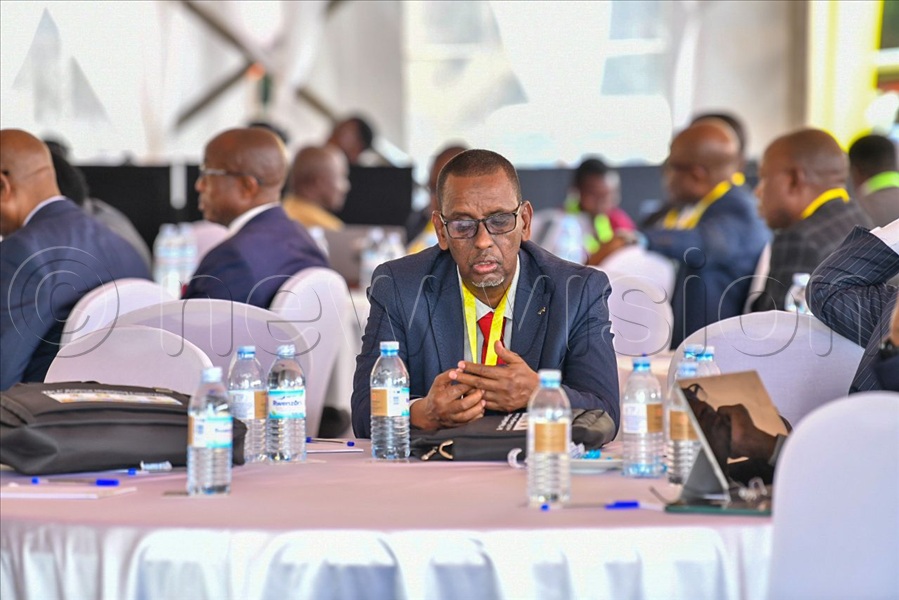
Among others, the ministers also agreed to create a regional database of accredited institutions and recognised qualifications to increase transparency and trust.
The development comes against a backdrop of rising bureaucratic barriers that currently hinder the movement of professionals across borders, especially young graduates seeking employment and further study opportunities. For example, while article 104 of the East African Community (EAC) Treaty enjoins members EAC countries to foster a conducive environment for the free movement of persons, labour, and services, while ensuring the rights of establishment and residence for the citizens within the community, media reports indicate that Ugandan-trained lawyers are not allowed to practise law in Kenya.
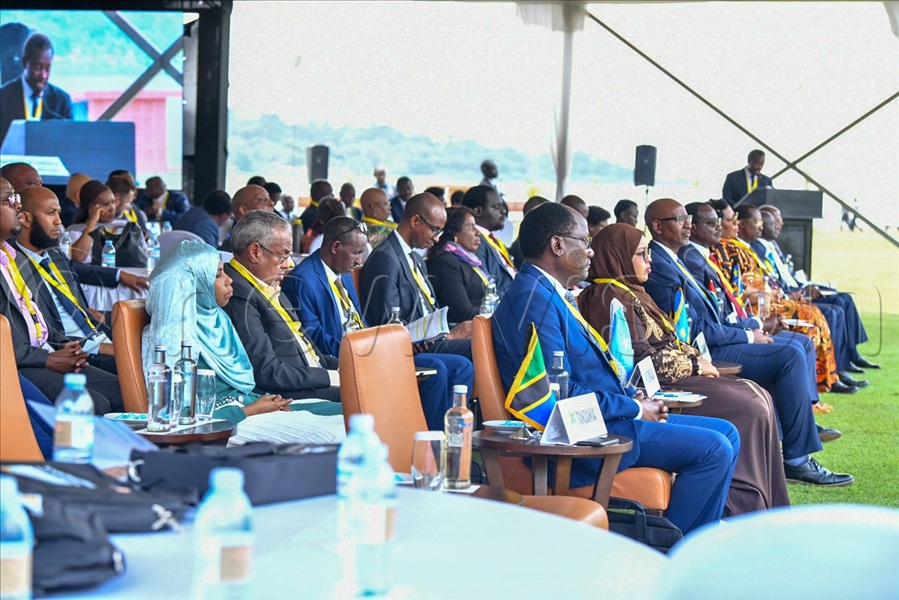
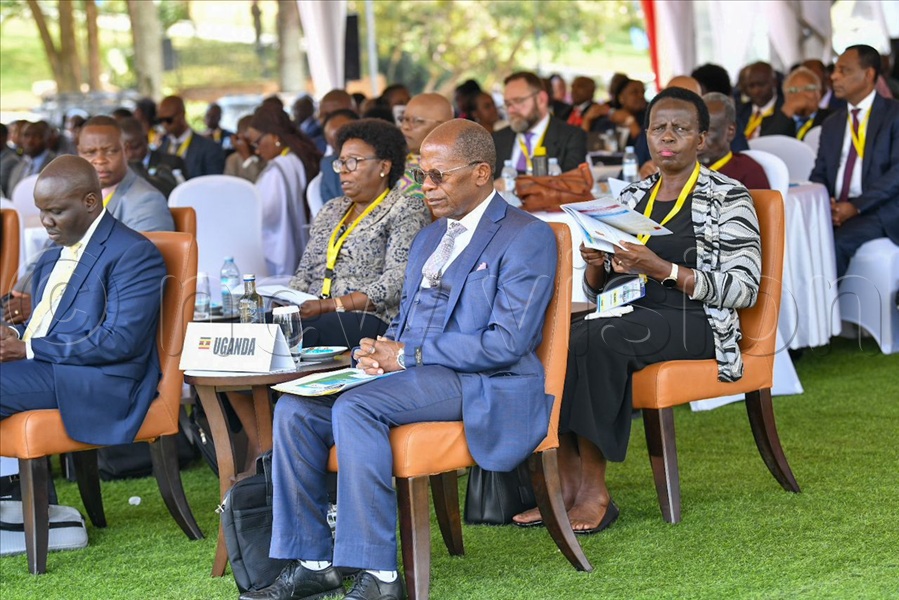
A cohesive education system
In a speech read for her by Deputy Speaker of Parliament Thomas Tayebwa, Uganda's First Lady and Minister of Education and Sports, Mrs Janet Kataaha Museveni, emphasised that a cohesive education system is vital for unlocking the region’s demographic potential.
"With over 331 million citizens in the region, most of them under the age of 25, the East African Community holds in its hands a demographic treasure," she said.
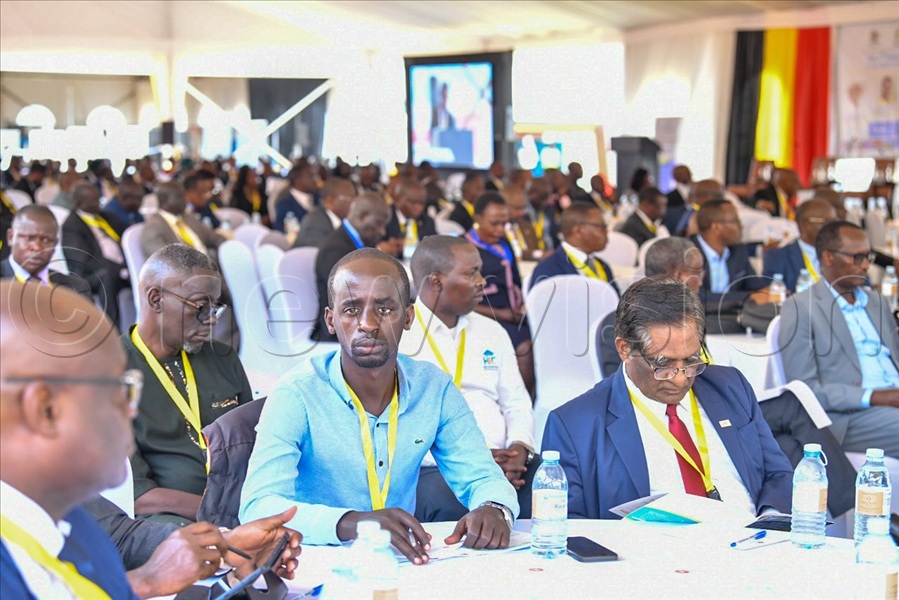
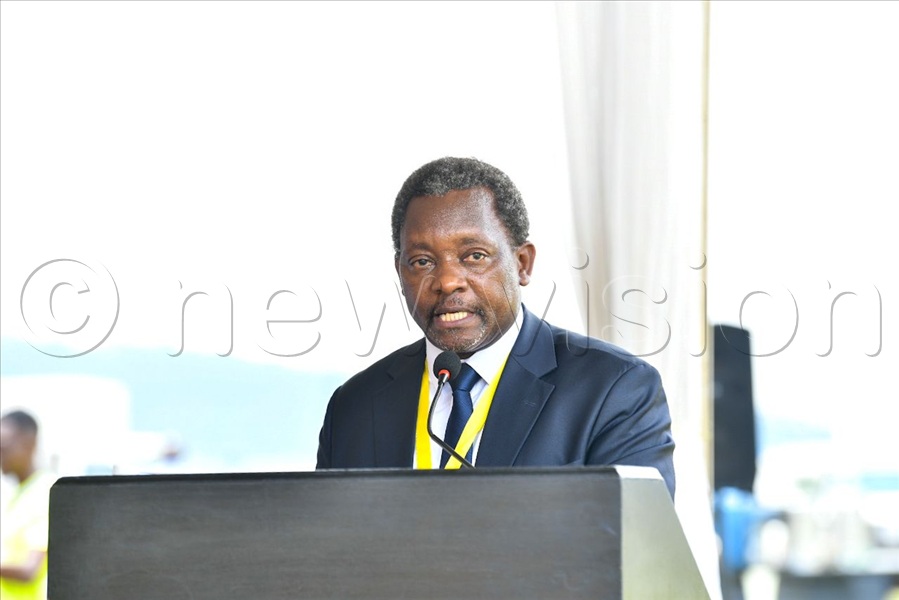
Mrs Museveni drew comparisons with the European Union's Bologna Process, which has created a unified higher education area, to highlight the benefits of an integrated system. She warned of the "heavy costs of inaction," including the outflow of talent.
The First Lady praised the efforts of the National Council for Higher Education, the Inter-University Council for East Africa, the Forum of CEOs of national councils and commissions, and various development partners for organising the conference.
“As we depart, let us do so with a new determination to implement what we have resolved,” she said.
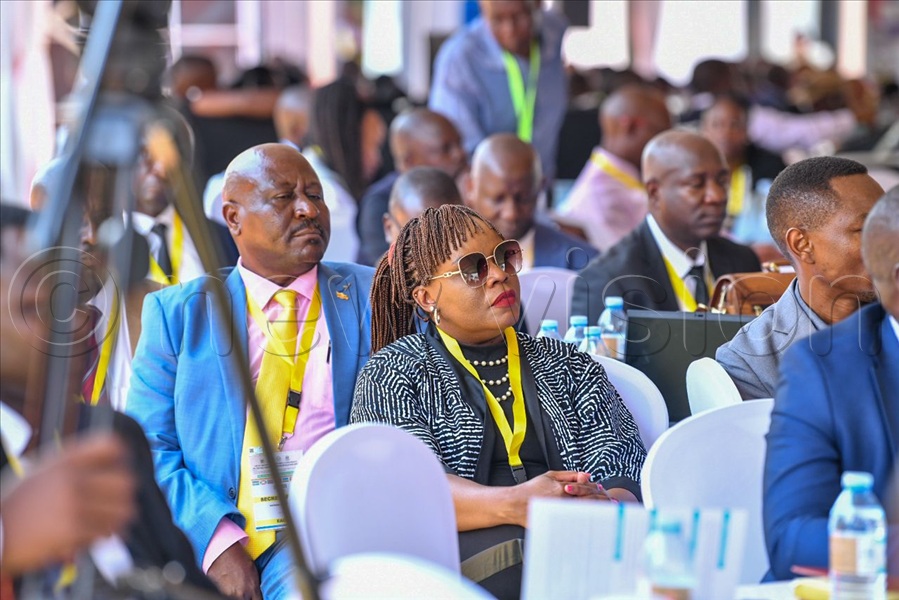
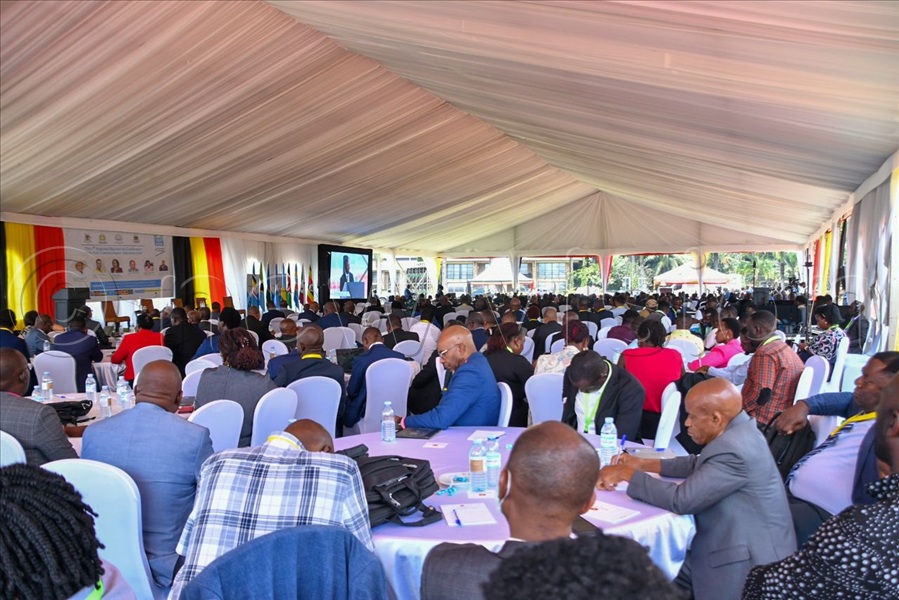
“Let us unite to build an East African Common Higher Education Area that rivals the developed countries in integration and positions us to compete globally in scale, innovation, and excellence."
Significant resolution
Rwanda minister Dr Joseph Nsengimana described the resolutions adopted as politically and regionally significant.
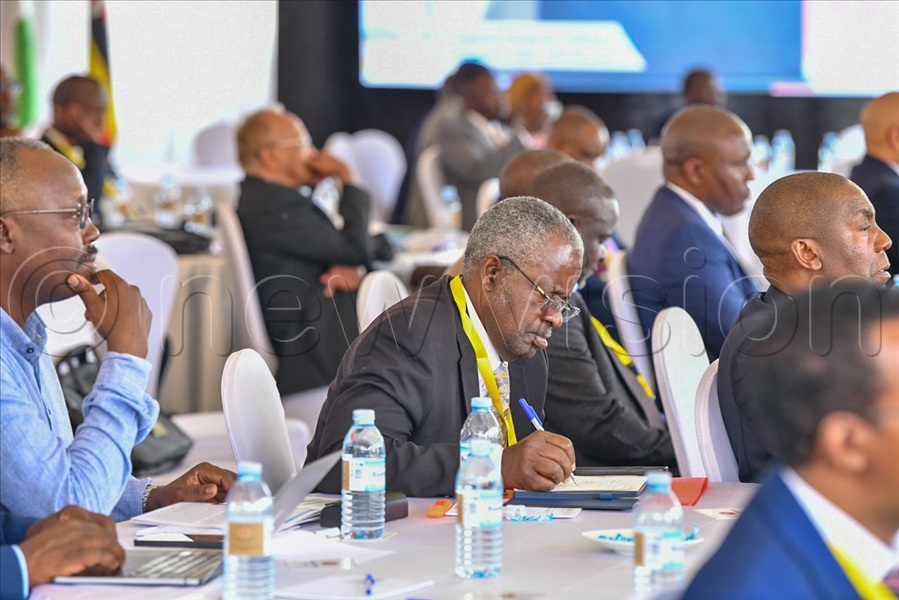
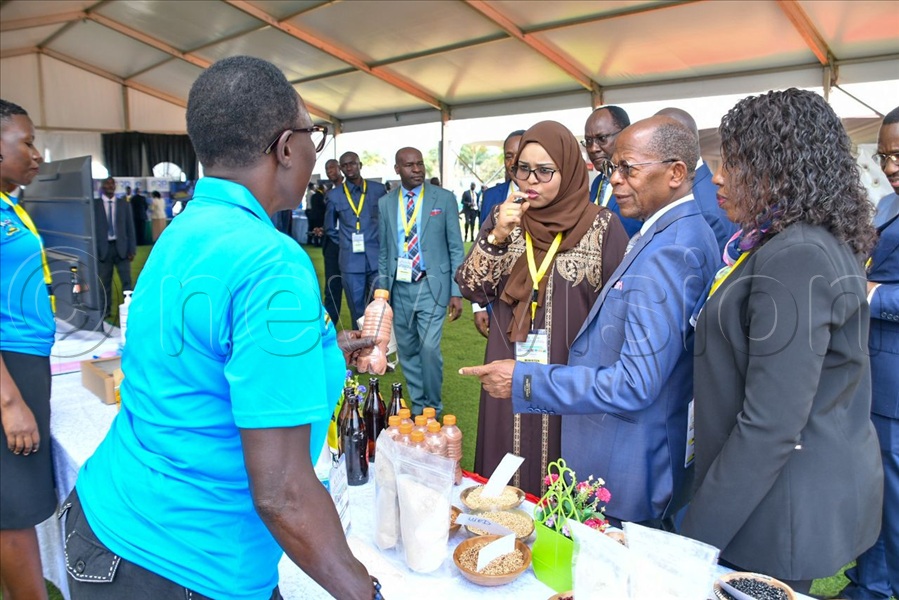
“The communiqué we have adopted is not just a document — it is a political commitment, a roadmap, and a call to integrate regional frameworks into our national laws, policies, and institutional practices,” said Dr. Nsengimana.
He emphasised that the common higher education area should drive both the mobility of learners and the recognition of professionals across borders. While acknowledging challenges like limited financing and implementation gaps, he stressed these should be viewed as opportunities for innovation and collaboration.

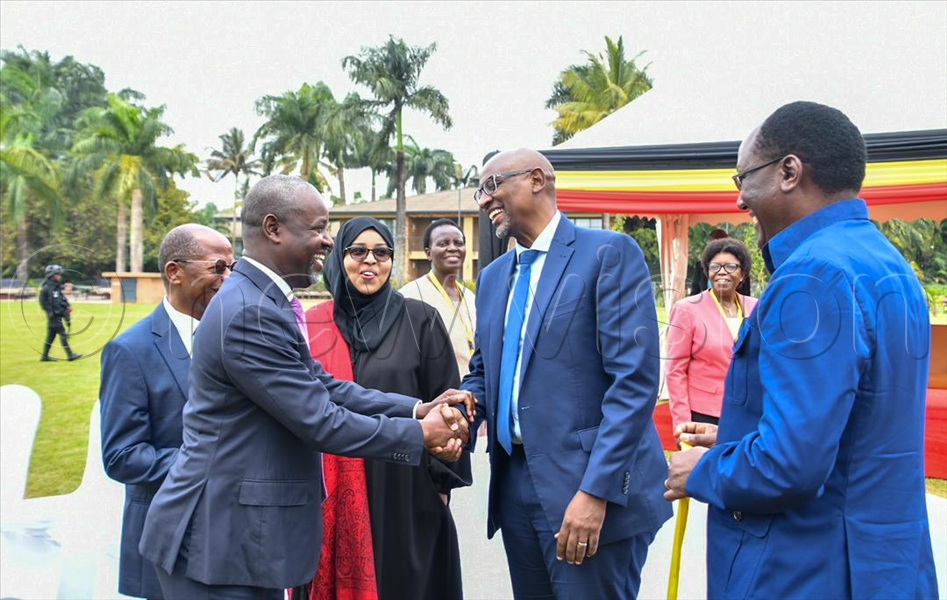
“These are not obstacles. They are opportunities to show the strength of East African unity,” he said.
Uganda’s National Council for Higher Education chairperson Prof. Mary Okwakol urged member states to sustain momentum and deliver on past commitments.
“The declaration was made in 2017, and the question remains: what happened? We don’t want to ask the same question again. We must maintain the momentum,” she said.
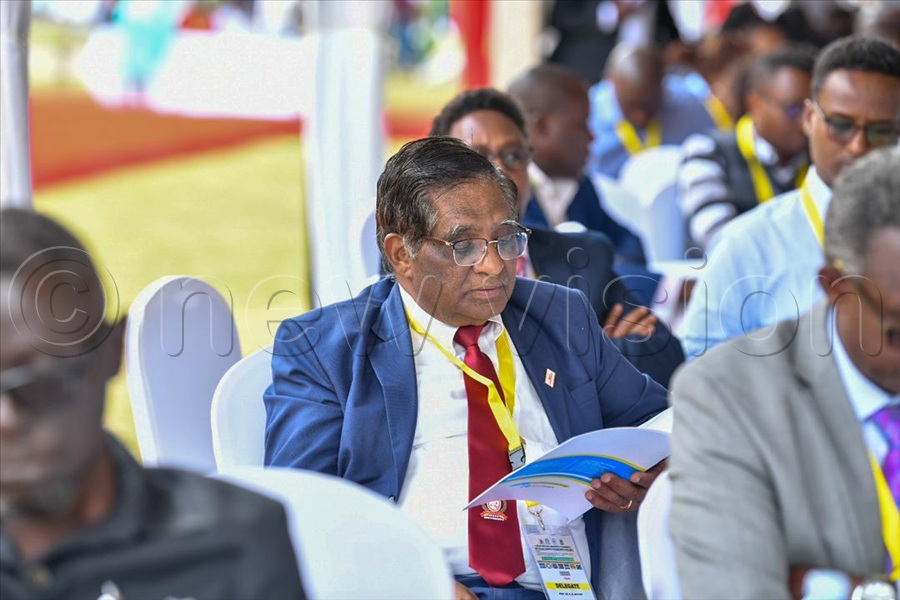
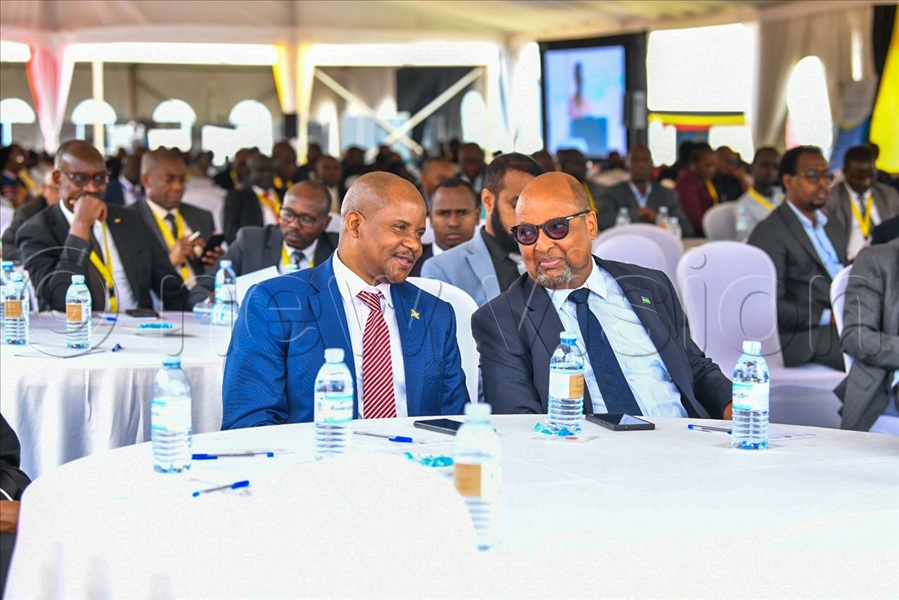
Okwakol praised the renewed political will shown by ministers and the support of technical institutions, but stressed that the real test lies in implementation.
“Now the real work begins, turning resolutions into reforms that make a tangible difference for learners and professionals,” she added.
The conference also emphasised the need to operationalise the EAC Qualifications Framework, enhance regional quality assurance and accreditation systems, foster digital transformation, and strengthen collaboration among professional bodies.
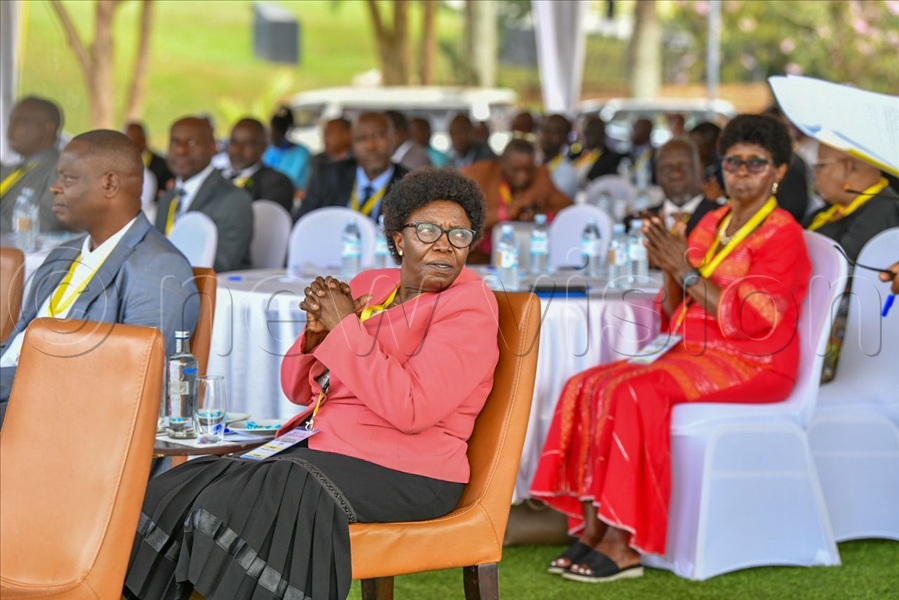
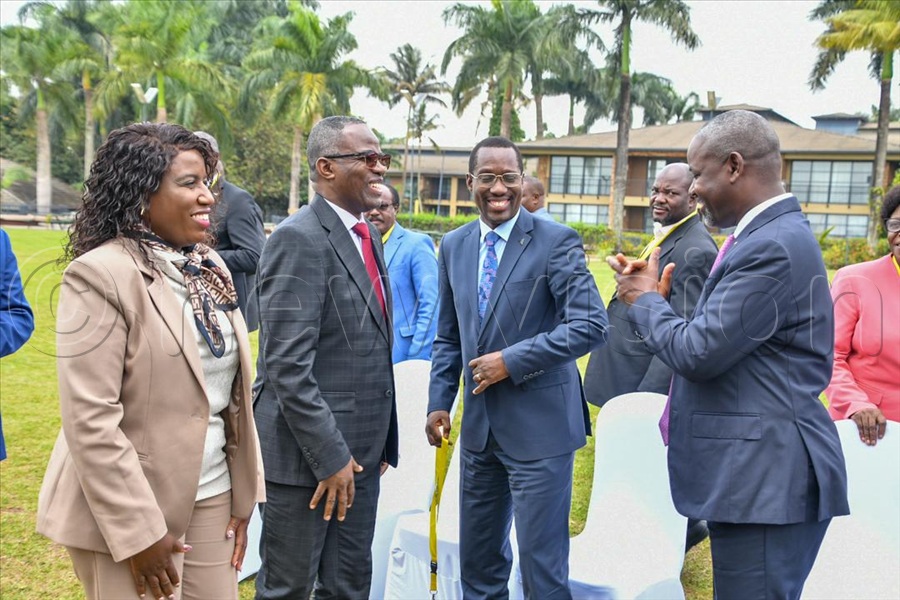
Prof. Gaspard Banyankimbona, the executive secretary of the Inter-University Council for East Africa (IUCEA), called the conference a landmark moment.
“We are converging on frameworks that promote quality assurance, mutual recognition of qualifications, and student mobility — hallmarks of a competitive and integrated academic space,” he said.
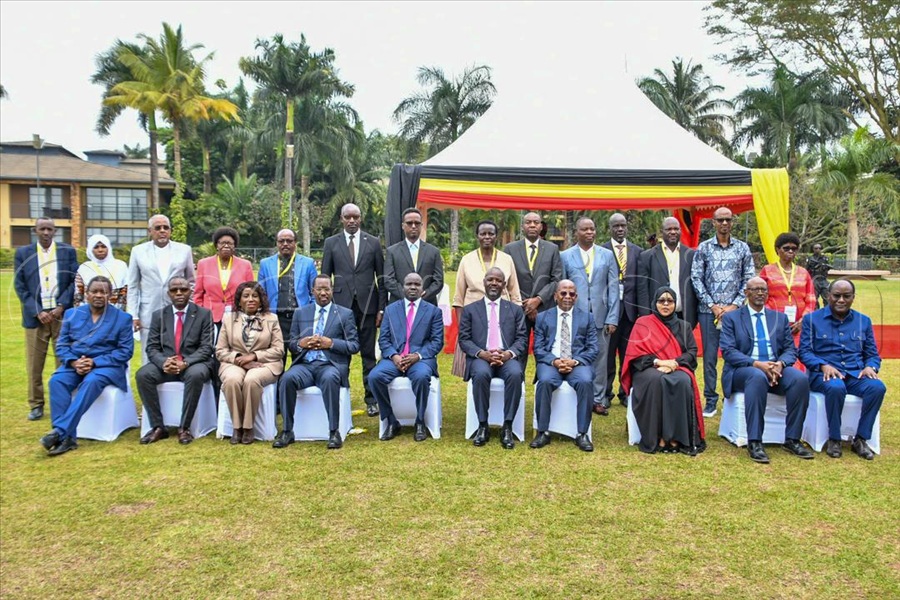
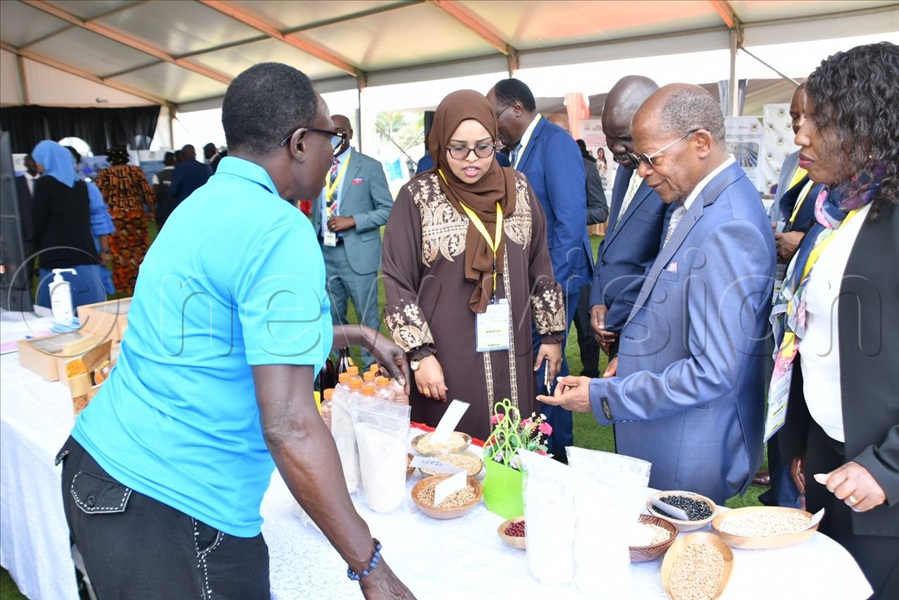
The adopted resolutions will be submitted to the EAC Heads of State Summit for formal endorsement.